The case of Trump allegedly paying hush money to a porn star has been likened to a "zombie" when it was resurrected from the "grave" by prosecutors to prosecute the former president.
Donald Trump will appear in Manhattan Criminal Court, New York, from April 15 to stand trial on charges of falsifying business records to pay money to prevent porn star Stormy Daniels from releasing damaging information during his 2016 election campaign. The trial will last at least 6 weeks and Mr. Trump will have to appear in court 4 working days a week, except Wednesdays.
This is the allegation that makes Trump the first former US president to be prosecuted in late March 2023. Manhattan District Attorney Alvin Bragg announced in April of the same year an indictment with 34 counts of falsifying business records against Trump. The 77-year-old billionaire will also become the first former US president to be tried in a criminal court.
The indictment comes after a years-long investigation in which Manhattan prosecutors repeatedly suspended and then resumed the investigation, to the point where the effort was described as a "zombie case."
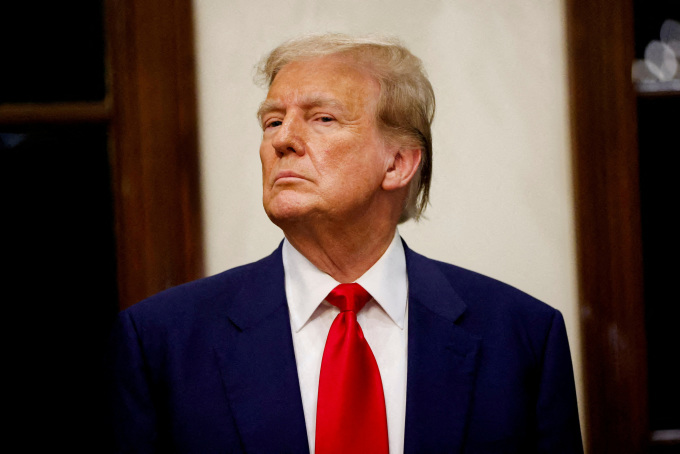
Mr. Donald Trump in West Palm Beach, Florida on March 24. Photo: Reuters
US federal authorities began investigating Michael Cohen, Mr. Trump's lawyer, in April 2018 after learning that the Trump Organization had transferred $420,000 to him and recorded it as legal expenses, even though there was no specific contract.
Of that, $130,000 was advanced by Cohen as part of a deal to pay porn star Stormy Daniels, who claims to have had an affair with Trump in 2006, to suppress the information before the 2016 US presidential election, according to the indictment.
However, Mr. Trump denied having a relationship with her, accusing Daniels of "blackmail" and "fraud" and the two have not seen each other since 2007. In October 2016, after Donald Trump announced his candidacy, Daniels announced her intention to sell her story with him to the media.
In August 2018, Cohen admitted to financial wrongdoing during the campaign and said that Trump had directed him to pay Daniels to "silence" the porn star.
Cyrus Vance, Bragg's predecessor as attorney general, began investigating the allegations in August 2019 and determined that Trump's company had improperly accounted for payments to Cohen.
Vance said Trump's actions may have violated state and federal election laws, as well as New York tax law. However, Trump's lawyers argued that the hush money was only intended to protect himself, his family, and the Trump Organization's business from being "harmed" by the Daniels story, not for the benefit of the campaign.
Because prosecutor Vance did not bring any charges against Mr. Trump related to this incident, the investigation was shelved.
In a book published in February 2023, former Manhattan District Attorney Mark Pomerantz explains that Vance did not prosecute because he believed the chances of success in court were slim and relied on untested legal strategies. He questioned the feasibility of using New York state tax law to prosecute a presidential candidate.
Pomerantz said he then “resurrected” the hush money investigation in early 2021 with a different theory: If Daniels had blackmailed Trump, the money could have been illegal, and an attempt to conceal the source of the money could have constituted money laundering.
However, many of Pomerantz's colleagues said that Daniels' demand for a hush money was not blackmail, and Pomerantz later found that money laundering regulations did not apply to the situation.
"The 'zombie case' is back in the grave," Pomerantz wrote.
When Vance left office in January 2022, he still had not brought charges against the former president. "To me, the 'zombie case' was pretty well established. But was it a crime under New York law?" Pomerantz asked.
Two months later, Bragg was appointed Manhattan district attorney and decided to postpone the investigation due to concerns about the implications. In February 2022, Pomerantz and Carey Dunne, the two prosecutors who led the Trump investigation, resigned, leading some to speculate that Bragg had given up on pursuing the case.
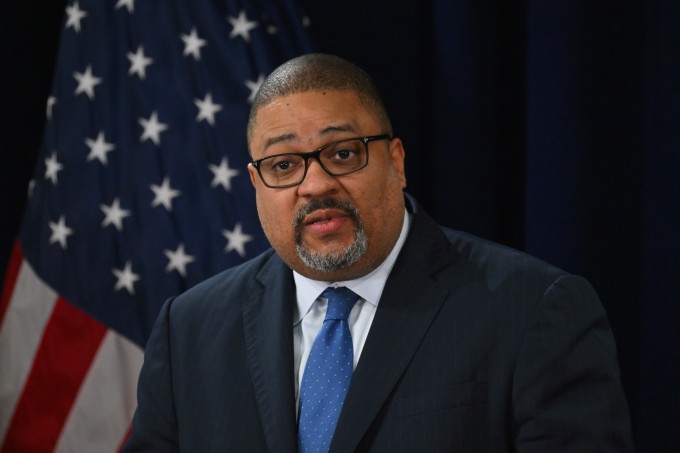
Manhattan District Attorney Alvin Bragg speaks at a press conference outside the New York courthouse on April 4. Photo: AFP
But two months later, Bragg confirmed that the investigation into Mr. Trump was still ongoing, with Vance's "falsified business records" theory becoming a key point. Bragg argued that Mr. Trump falsified records of the Trump Organization to try to cover up violations of federal campaign finance laws, because the payment to Daniels exceeded donation limits and New York state law prohibiting the promotion of candidates by "illegal means."
Bragg sent the investigative evidence to a grand jury in early 2023 to consider whether to indict Trump. The grand jury voted unanimously in late March to indict the former president.
Trump has denied the charges, calling them a "witch hunt" aimed at hampering his bid for the White House this year. The former president's legal team filed a motion to dismiss the charges, but the federal judge in charge of the case, Juan Merchant, did not agree.
According to Business Insider , Mr. Trump's side has requested 11 postponements of the hush money trial. The former president succeeded once in March, helping to push back the original March 25 trial date by three weeks. However, the three most recent attempts to "buy time" were rejected on three consecutive days from April 8 to 10.
Falsifying business records is the lowest-level crime in New York, with a maximum sentence of four years in prison. Legal experts say that even if convicted, there is no guarantee that former President Trump will go to jail.
Most first-time offenders, who are convicted of nonviolent crimes, are sentenced to probation. In addition, Mr. Trump’s status as the Republican presidential front-runner may make judges reluctant to sentence him to prison.
Nhu Tam (According to Reuters, Washington Post )
Source link



![[Photo] Enjoy the Liuyang Fireworks Festival in Hunan, China](https://vphoto.vietnam.vn/thumb/1200x675/vietnam/resource/IMAGE/2025/10/26/1761463428882_ndo_br_02-1-my-1-jpg.webp)
![[Photo] General Secretary To Lam received the delegation attending the international conference on Vietnam studies](https://vphoto.vietnam.vn/thumb/1200x675/vietnam/resource/IMAGE/2025/10/26/1761456527874_a1-bnd-5260-7947-jpg.webp)


![[Photo] Nhan Dan Newspaper displays and solicits comments on the Draft Documents of the 14th National Party Congress](https://vphoto.vietnam.vn/thumb/1200x675/vietnam/resource/IMAGE/2025/10/26/1761470328996_ndo_br_bao-long-171-8916-jpg.webp)

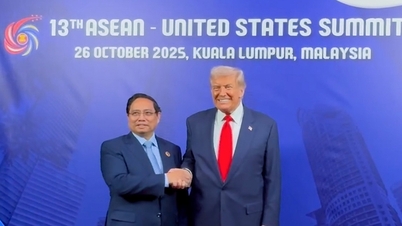


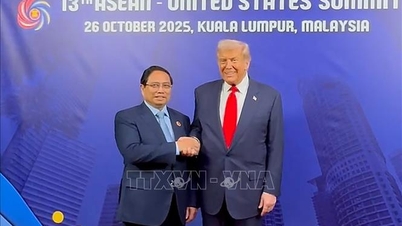

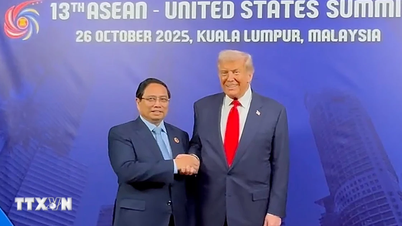



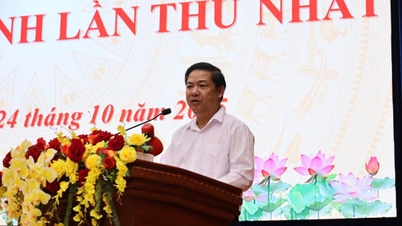
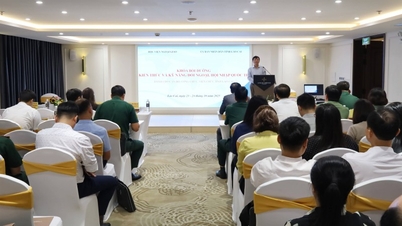
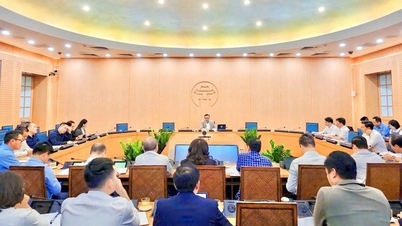

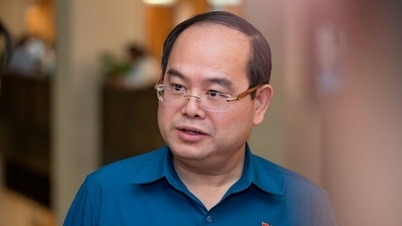











![[Photo] Prime Minister Pham Minh Chinh attends the opening of the 47th ASEAN Summit](https://vphoto.vietnam.vn/thumb/1200x675/vietnam/resource/IMAGE/2025/10/26/1761452925332_c2a-jpg.webp)





































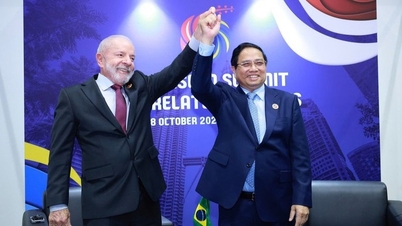
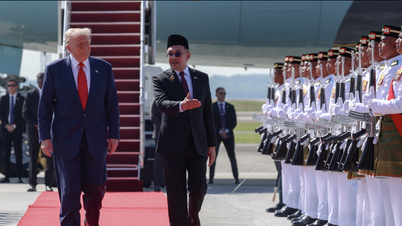

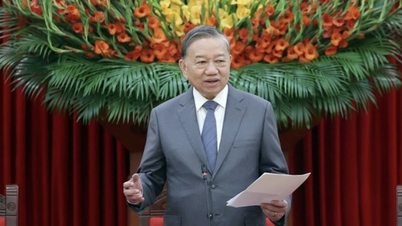

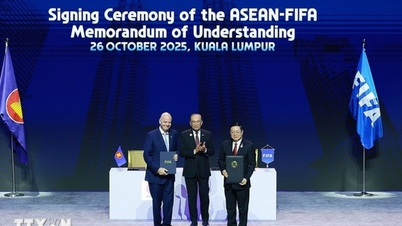

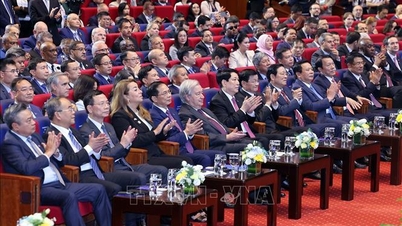

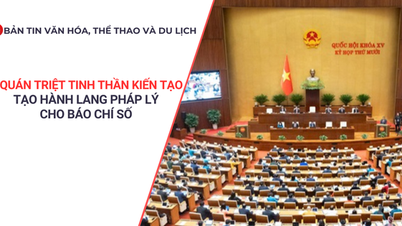




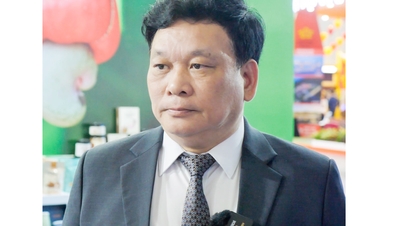


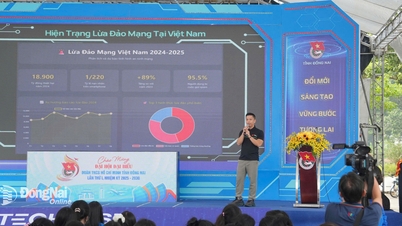


















Comment (0)